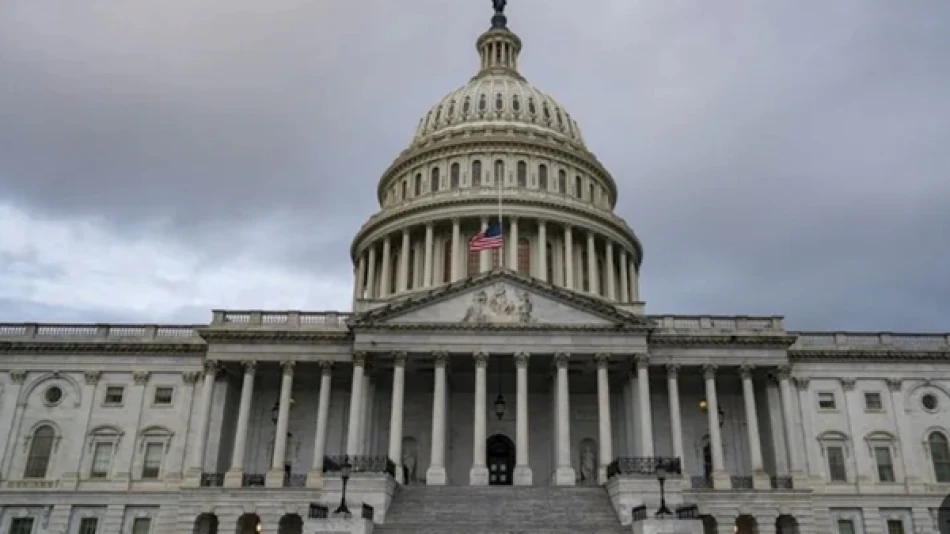
US Senate Approves Cuts to Foreign Aid Funding
Trump Scores Congressional Victory with $9 Billion Spending Cut Package
The U.S. Senate handed President Donald Trump another legislative win early Thursday, approving his plan to slash $9 billion in federal spending—primarily targeting foreign aid programs and public broadcasting. The 51-48 vote demonstrates Trump's growing influence over Congress as Republicans rally behind his fiscal agenda, setting the stage for broader spending cuts across government agencies.
Foreign Aid Bears the Brunt of Budget Cuts
The approved cuts predominantly target international assistance programs that support countries grappling with disease outbreaks, armed conflicts, and natural disasters. This reduction reflects Trump's longstanding "America First" approach to foreign policy, which prioritizes domestic spending over international commitments.
The timing is particularly significant as global humanitarian needs remain elevated. International aid organizations have consistently warned that reducing U.S. contributions could create funding gaps in critical health and disaster response programs, potentially affecting millions of vulnerable populations worldwide.
Public Broadcasting Faces $1.1 Billion Reduction
The package eliminates $1.1 billion in funding designated for public broadcasting over the next two years. Trump and Republican allies justify this cut by arguing that public broadcasting represents unnecessary government expenditure, while simultaneously criticizing what they perceive as liberal bias in news coverage.
This attack on public media funding echoes similar efforts during Trump's first presidency, when Republicans repeatedly attempted to defund the Corporation for Public Broadcasting. The move aligns with broader conservative criticism of mainstream media institutions.
Symbolic Victory in Broader Spending Battle
While $9 billion represents a minuscule fraction of the $6.8 trillion federal budget—roughly 0.13%—the vote carries symbolic weight as Trump consolidates control over Republican spending priorities. The cuts are part of a larger cost-reduction initiative previously overseen by billionaire Elon Musk through his Government Efficiency Department.
The Trump administration has suspended significantly more congressional funding than the $9 billion now approved for elimination, suggesting this vote may be a preview of more substantial budget battles ahead.
Deadline Pressure Secures Republican Unity
The Friday deadline for congressional approval created urgency that helped Trump secure Republican support. Without Senate approval, the White House would have been forced to restore the original spending levels approved by Congress—a scenario that would have undermined Trump's fiscal authority early in his presidency.
Implications for Trump's Domestic Agenda
This victory strengthens Trump's position for future budget negotiations and demonstrates his ability to marshal Republican votes for controversial spending cuts. The successful passage suggests that congressional Republicans are prepared to support more aggressive fiscal measures, potentially including cuts to social programs and regulatory agencies.
The vote also signals that Trump's influence over Congress remains strong, with minimal Republican defections despite the cuts affecting popular international aid programs. This unity will prove crucial as the administration pursues its broader agenda of reducing federal spending and restructuring government operations.
Most Viewed News

 Layla Al Mansoori
Layla Al Mansoori






